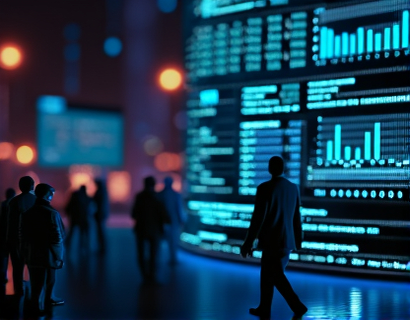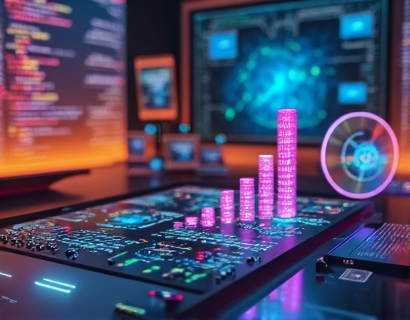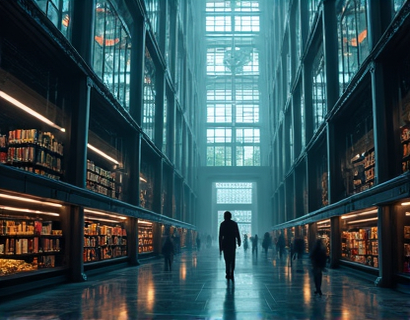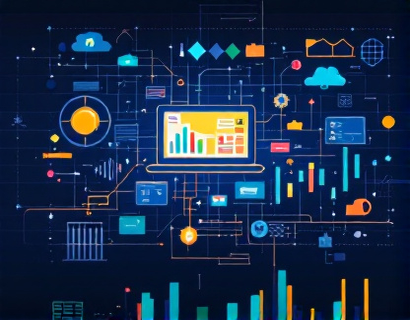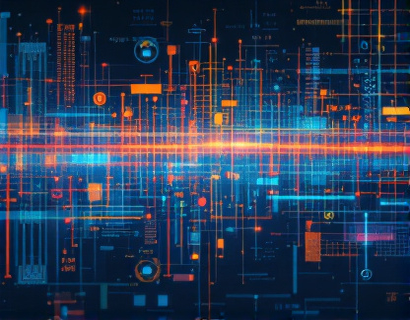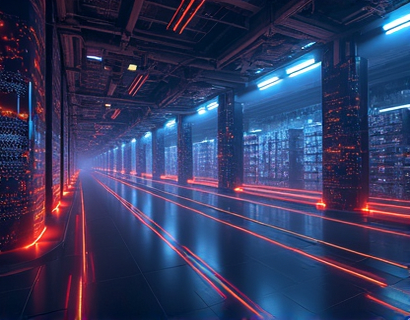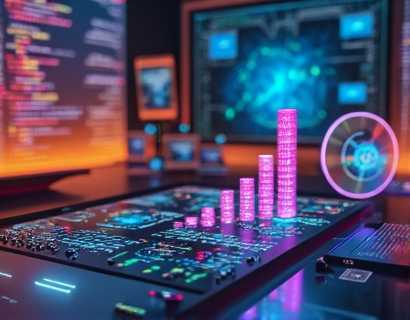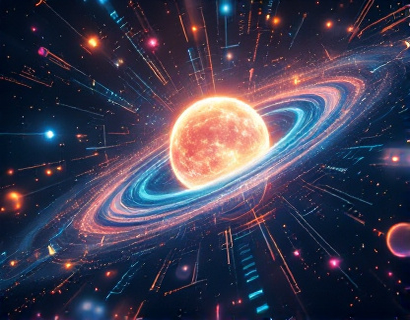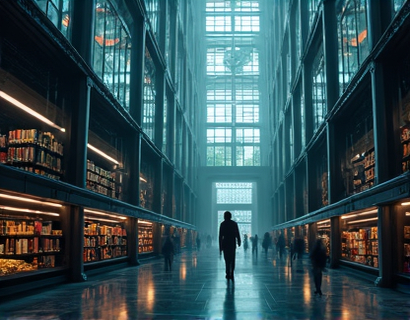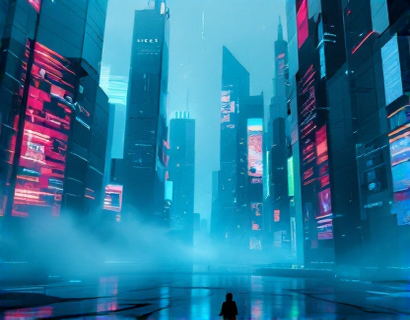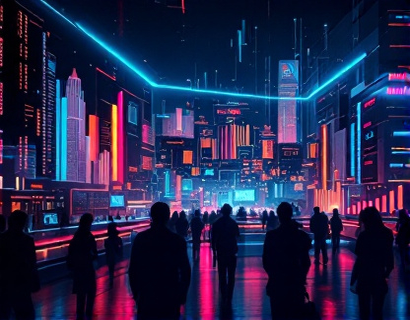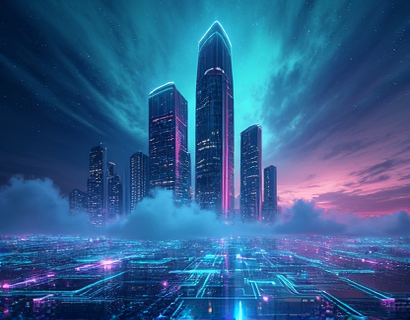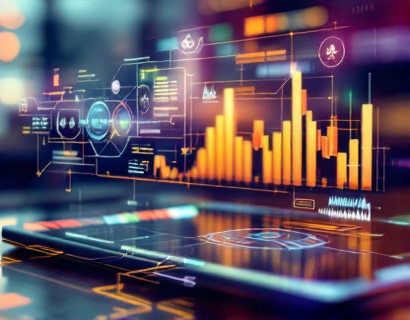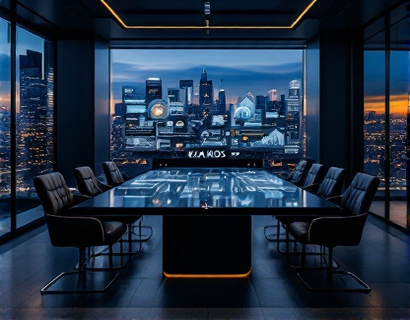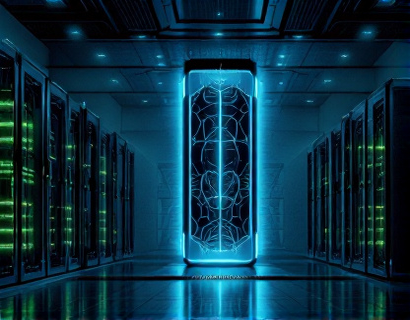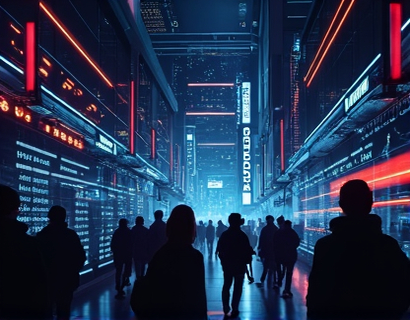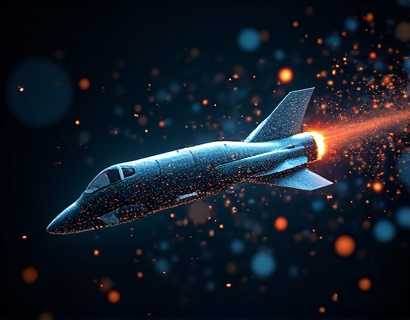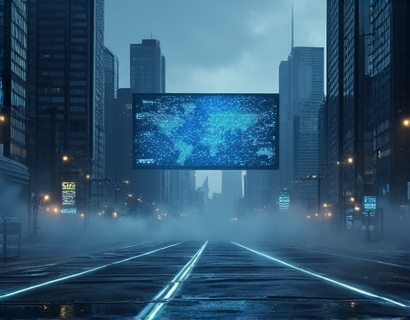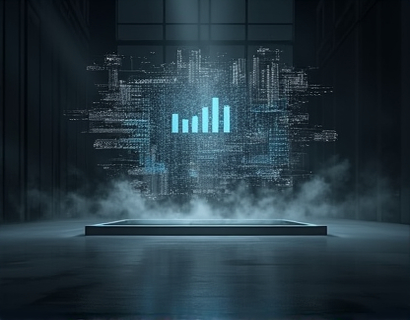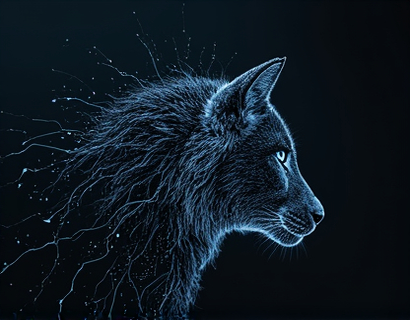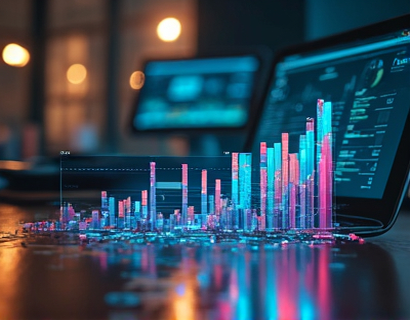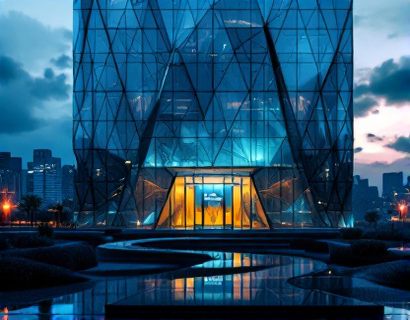AI-Powered Creativity Transformation: Revolutionizing Film, Music, and Gaming Production with Advanced Technology Solutions
The entertainment industry is undergoing a profound transformation driven by the integration of Artificial Intelligence (AI) technology. This shift is not merely an incremental update but a revolutionary change that is redefining how creativity is expressed, projects are managed, and content is produced across film, music, and gaming sectors. AI is providing creative professionals with advanced tools that enhance their capabilities, optimize production processes, and streamline project management, enabling them to achieve unprecedented levels of success and set new industry standards.
Enhancing Creativity in Film Production
In the realm of film production, AI is opening new avenues for creative expression. Scriptwriting, once a purely manual and time-consuming process, is being augmented by AI-driven tools that can analyze successful scripts, identify patterns, and suggest plot developments, character arcs, and dialogue. These tools do not replace human creativity but serve as a catalyst, offering writers a wealth of ideas and possibilities to explore. For instance, AI can generate multiple script versions based on different themes, genres, and character dynamics, allowing directors and writers to experiment and refine their concepts more efficiently.
Visual effects (VFX) are another area where AI is making significant strides. Traditional VFX workflows are labor-intensive and require extensive manual intervention. AI-powered solutions can automate repetitive tasks such as object tracking, background removal, and environment generation. Machine learning algorithms can learn from vast datasets of visual content to create realistic and seamless effects, reducing the time and cost associated with VFX production. This not only accelerates the post-production process but also allows filmmakers to focus more on creative decision-making rather than technical execution.
Optimizing Music Production
The music industry is equally benefiting from AI technology. Composing music has always been an art form that combines technical skill with creative intuition. AI tools are now assisting composers by generating musical ideas, harmonies, and melodies based on learned patterns from existing music libraries. These tools can suggest variations and improvisations, providing musicians with a rich palette of options to enhance their compositions. AI can also assist in the mixing and mastering stages, automatically adjusting levels, equalization, and compression to achieve professional-sounding results.
Furthermore, AI-powered virtual instruments and synthesizers are revolutionizing the way musicians create and perform. These tools can mimic the sound of traditional instruments with high fidelity or create entirely new sonic textures that were previously unimaginable. For music producers, AI can analyze listener preferences and generate personalized recommendations for tracks, helping to tailor music to specific audiences and trends.
Streamlining Gaming Development
In the gaming industry, AI is transforming the development process from concept to launch. Game design, a complex and iterative process, is being enhanced by AI tools that can generate levels, NPC behaviors, and even entire game worlds. These tools use algorithms to create diverse and engaging environments, ensuring that each playthrough offers a unique experience. AI can also assist in crafting dynamic narratives that adapt to player choices, making games more immersive and responsive.
AI-driven analytics play a crucial role in optimizing game performance and player engagement. By analyzing vast amounts of player data, developers can identify patterns, predict player behavior, and make data-driven decisions to improve game mechanics, balance, and monetization strategies. AI can also automate testing and quality assurance processes, identifying bugs and performance issues more efficiently than traditional methods.
Project Management and Collaboration
Beyond creative tools, AI is revolutionizing project management and collaboration in the entertainment industry. AI-powered project management platforms can predict project timelines, allocate resources more effectively, and identify potential bottlenecks before they become critical issues. These platforms use machine learning to analyze historical project data, providing insights that help managers make informed decisions and optimize workflows.
Collaboration tools enhanced by AI facilitate seamless communication and coordination among team members, regardless of their physical location. AI-driven chatbots and virtual assistants can handle routine tasks, freeing up time for creative professionals to focus on high-value activities. Translation and localization services powered by AI ensure that content can be easily adapted for global audiences, breaking down language barriers and expanding market reach.
Challenges and Ethical Considerations
While the integration of AI in the entertainment industry offers numerous benefits, it also presents challenges and ethical considerations. One major concern is the potential displacement of jobs, as AI tools automate tasks traditionally performed by humans. However, rather than replacing creatives, AI is more likely to augment their roles, allowing them to focus on higher-level creative decisions and innovation. The industry must invest in reskilling and upskilling programs to ensure that professionals can adapt to these changes.
Another ethical consideration is the ownership and copyright of AI-generated content. As AI becomes more capable of creating original works, questions arise about who owns the rights to these creations. Clear guidelines and regulations will be necessary to address these issues and protect the interests of all stakeholders.
Future Prospects and Innovations
The future of AI in the entertainment industry is promising, with ongoing research and development poised to bring even more innovative solutions. One area of focus is the integration of AI with virtual and augmented reality (VR/AR) technologies, creating immersive experiences that blur the lines between the physical and digital worlds. AI can enhance VR/AR content by generating dynamic environments, realistic characters, and interactive narratives that respond to user actions in real-time.
In the music sector, AI is likely to advance further in personalized music creation and recommendation systems. AI algorithms can analyze a user's listening habits and emotional state to generate custom playlists or even compose music tailored to specific moods and activities. This level of personalization can transform how people discover and engage with music.
In gaming, the combination of AI, VR/AR, and cloud computing is set to revolutionize the industry. Cloud-based gaming platforms powered by AI can deliver high-quality gaming experiences on a variety of devices, reducing the need for powerful hardware. AI-driven NPCs and dynamic storylines will create more lifelike and engaging game worlds, further enhancing player immersion and satisfaction.
Moreover, AI can play a significant role in content distribution and marketing. AI-powered analytics can predict trends, optimize advertising campaigns, and tailor promotional strategies to maximize reach and impact. This data-driven approach can help content creators and distributors better understand their audiences and deliver more relevant and engaging content.
In conclusion, AI is not just a tool but a transformative force in the entertainment industry. By enhancing creativity, optimizing production processes, and streamlining project management, AI is enabling filmmakers, musicians, and game developers to push the boundaries of what is possible. As the technology continues to evolve, the entertainment industry will see even more innovative applications, setting new standards for creativity and excellence.





